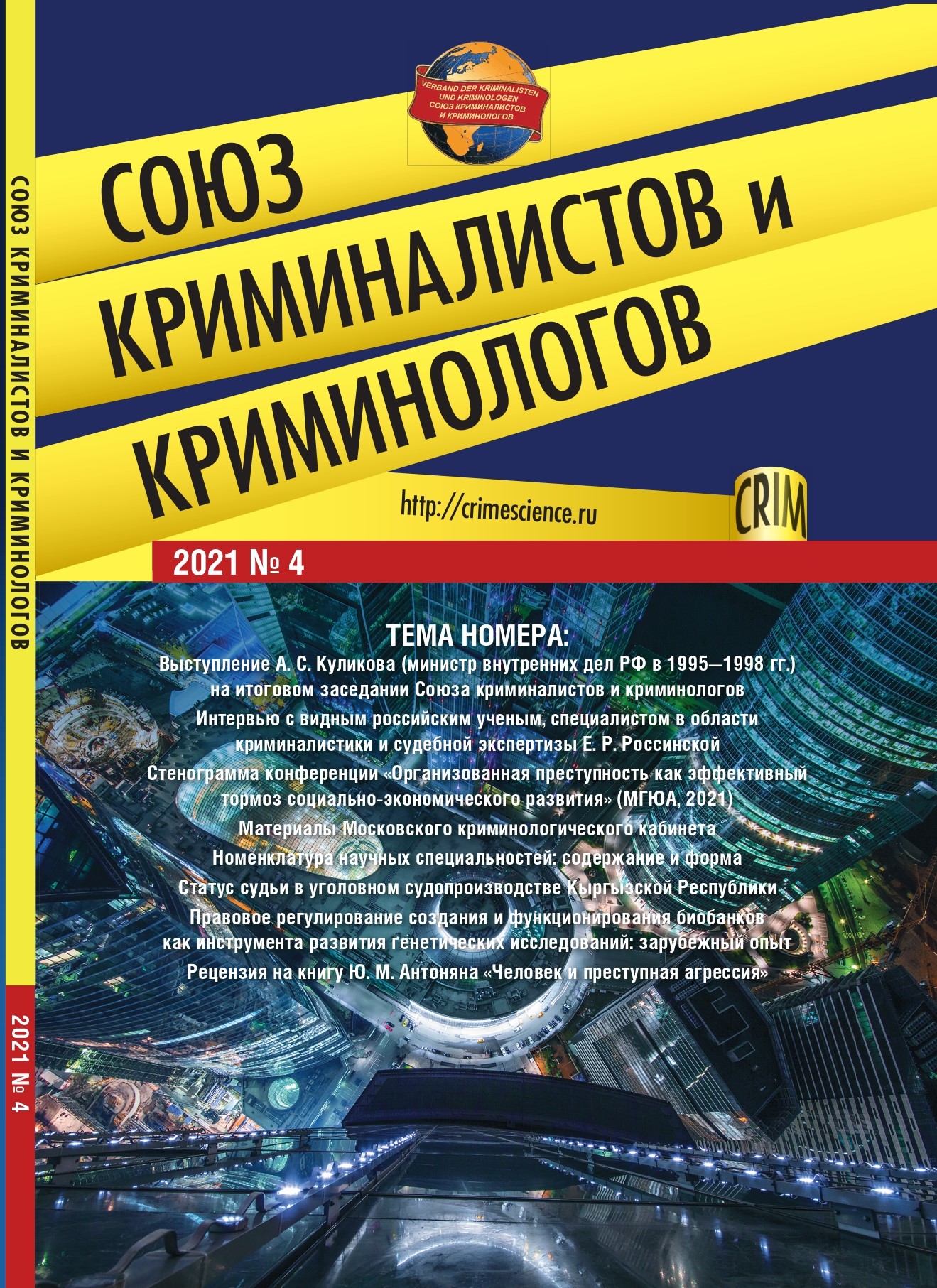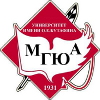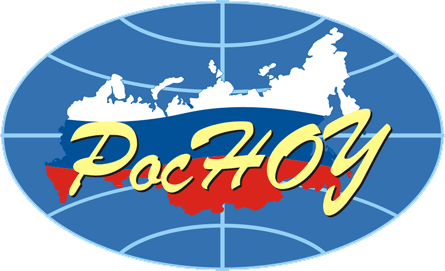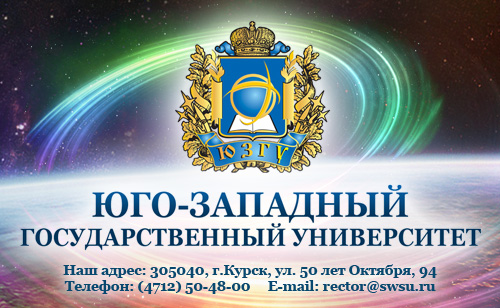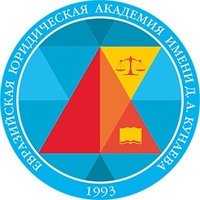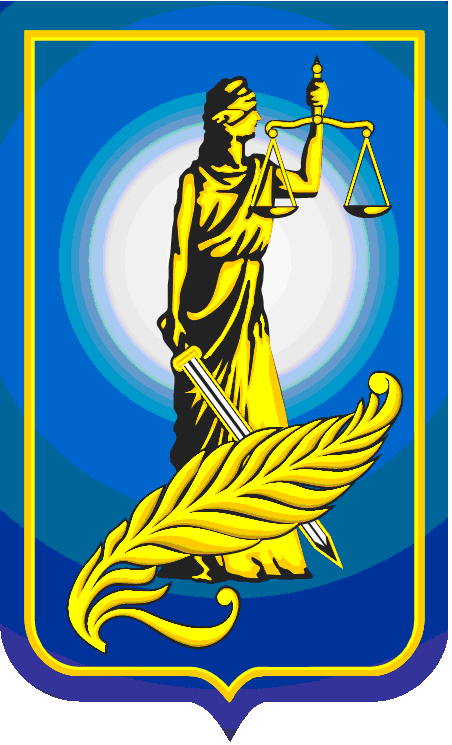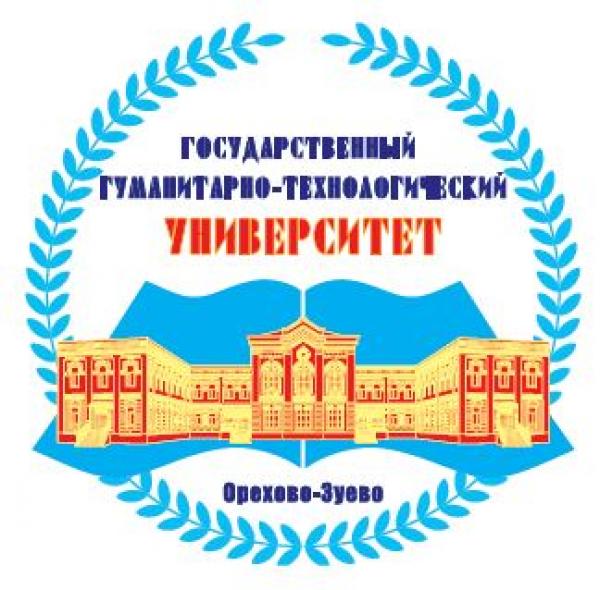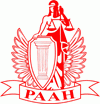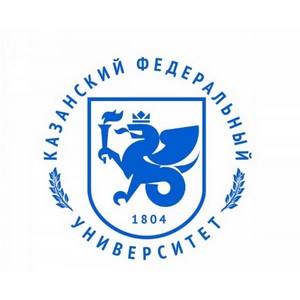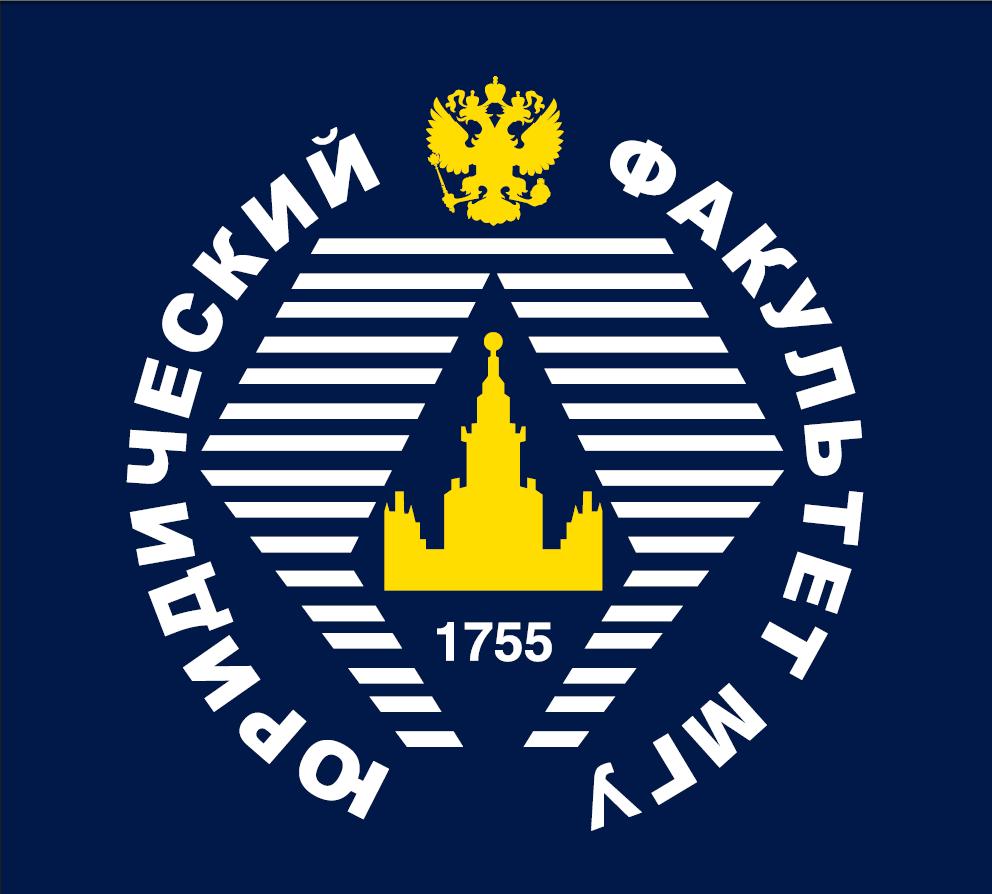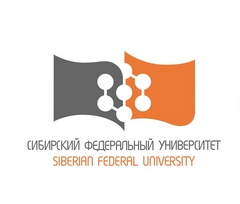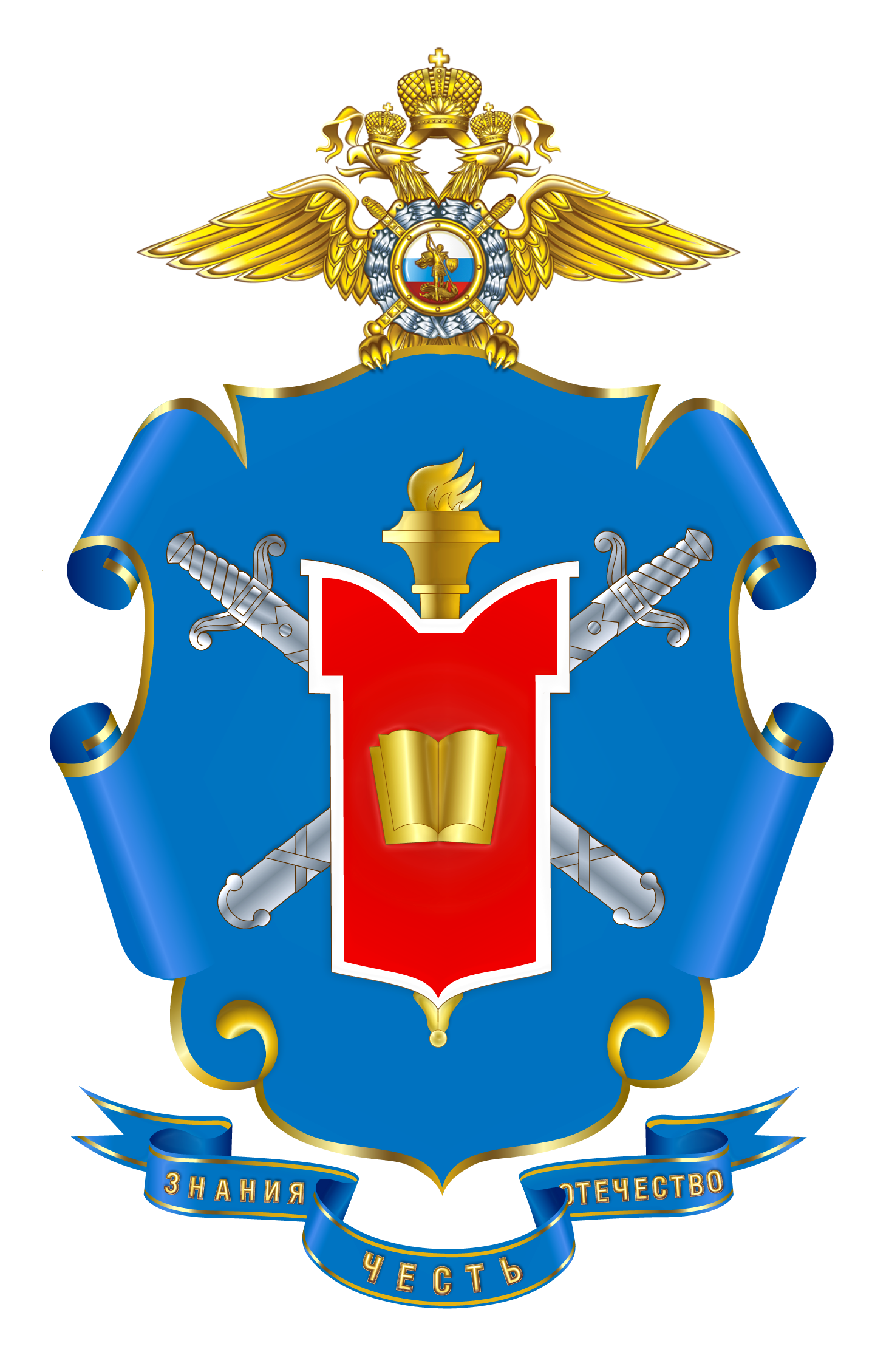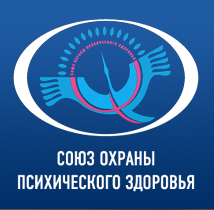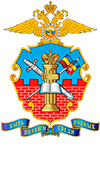On 6 September 2022, an international scientific and practical conference on the topic ‘Legal regulation of the modern state transformation in the context of digitalization and global challenges’ was held in Bishkek (Kyrgyz Republic), dedicated to the 25th anniversary of the establishment of the Law Faculty at the Kyrgyz-Russian Slavic University named after the First President of Russian Federation B.N. Yeltsin (KRSU). The co-organizer was the Union of Criminalists and Criminologists.
At the opening of the conference, the welcoming speech was made by
- Rector of the KRSU, Honoured Scientist of the Kyrgyz Republic, Academician at the National Academy of Sciences of the Kyrgyz Republic, Doctor of Technical Sciences Vladimir Nifadyev,
- Chief Scientific Secretary of the Higher Attestation Commission under the Ministry of Education and Science of the Russian Federation, President of the Union of Criminalists and Criminologists, Doctor of Law, Professor, Honored Scientist of the Russian Federation Igor Matskevich,
- Adviser to the President of the Kyrgyz Republic, Honoured Lawyer of the Kyrgyz Republic, State Civil Service Adviser of the Kyrgyz Republic of the third class, Doctor of Law, Professor of the KRSU Bekbosun Borushabov.
More than 25 experts from Russia, Kyrgyzstan, Kazakhstan, Uzbekistan and a number of other countries made reports and presentations at the plenary session.
President of the Union of Criminalists and Criminologists, Honoured Scientist of the Russian Federation, Professor Igor Matskevich made a report on the topic ‘Issues of improving scientific certification at the present stage in Russia and the EEC countries’, in which he elaborated on the features of training scientific and pedagogical personnel in the states of the European Economic Union, prospects for the convergence of scientific certification systems and the formation of regulatory bases.
Vice-President of the Union of Criminalists and Criminologists, Honoured Scientist of the Russian Federation, Professor Oleg Zaytsev in his report ‘The transformation of criminal proceedings in the context of digitalization and global challenges’ revealed the impact of various kinds of critical and emergency situations on the transformation of law and legal science, which necessitates the use of additional resources, the search for new ways to respond to such law situations and overcoming them.
A member of the Union of Criminalists and Criminologists, Professor Talgat Sarsenbayev made a report on the topic ‘Legal proceedings and digitalization: realities and prospects’, in which he dwelt on the peculiarities of criminal-jurisdictional activity in the conditions of digitalization, including taking into account law enforcement practice in the implementation of criminal prosecution in a number of foreign countries. His report was aimed at solving problems caused by the need to introduce new or amend certain existing provisions of criminal, criminal procedure, penal enforcement legislation and legislation on operational investigative activities.
Member of the Union of Criminalists and Criminologists, Honoured Lawyer of the Russian Federation, Professor Vladimir Konyakhin devoted his scientific report to the system of punishment measures in international criminal law in the context of modern geopolitical realities. Special attention in the report was paid to ensuring a combination of lawful and reasonably fair measures of criminal law regulation, challenges of further development of criminal legislation, including various mechanisms of criminal law regulation, which reflected promising theories and concepts of the doctrine of criminal law on punishment.
Adviser to the Rector of the Eurasian Law Academy named after D.A. Kunayev, Honoured Worker of Science and Education of the RAE, Professor Erkin Duysenov made a scientific report on ‘Some issues of combatting corruption in the Republic of Kazakhstan’. He elaborated on the ongoing legal reforms in Kazakhstan, showed the role and place of countering corruption in ensuring the national security of the state, priority anti-corruption as a direction of realization of citizens’ constitutional rights and freedoms and a key factor of sustainable development.
Nikolay Bodrov, a member of the Union of Criminalists and Criminologists, an expert of the ANO ‘Community of Experts (SODEX) at the MSAL named after O.E. Kutafin’, Candidate of Law, devoted his report to the criminalistics study of synthesized sounding speech and the specifics of the appointment and conduct of phonoscope examination.
The participants of the event, among whom were not only scientific and pedagogical workers but also civil servants and young scientists, discussed topical issues related to the development and prospects of legal education, exchanged experiences and held joint discussions.
The presentation of the textbook ‘Criminal Law of Kazakhstan and Russia’ prepared by scientists of the Union of Criminalists and Criminologists took place at the plenary session of the conference. It was also decided to create a team of authors, consisting of researchers from Kyrgyzstan and Russia, to compile a similar book.
Translated by Elizaveta Ovchinnikova











